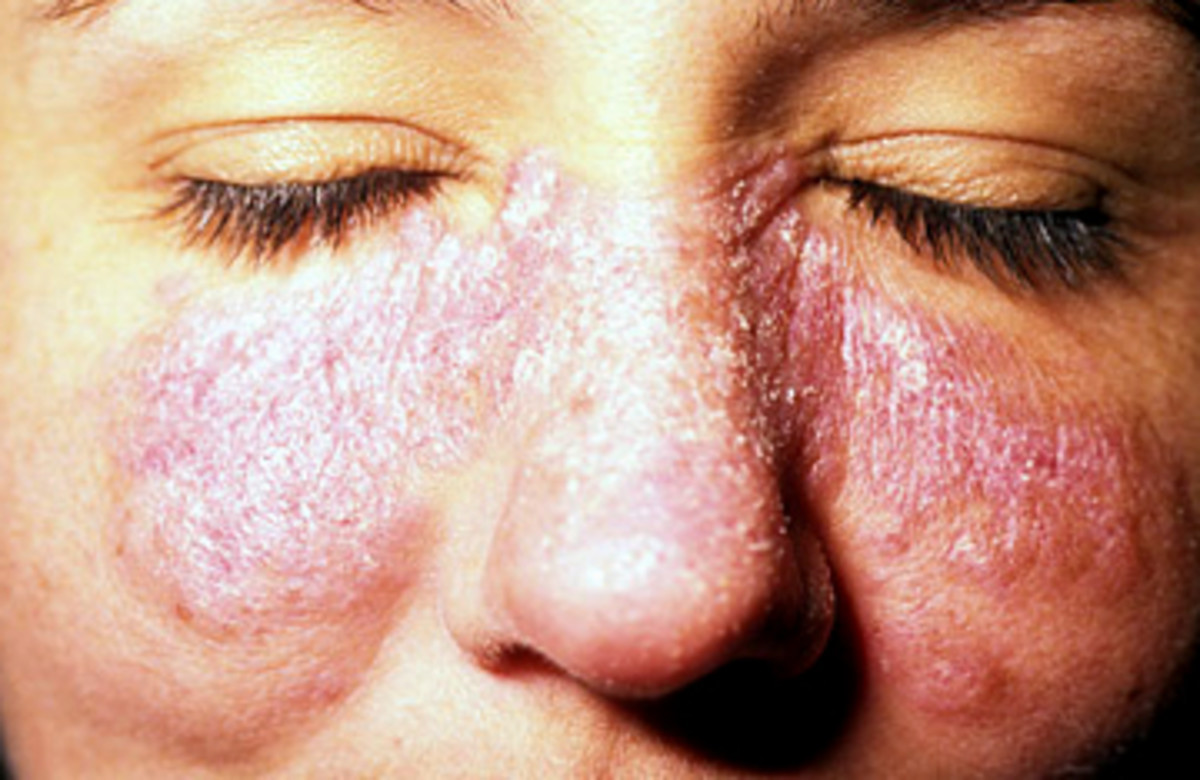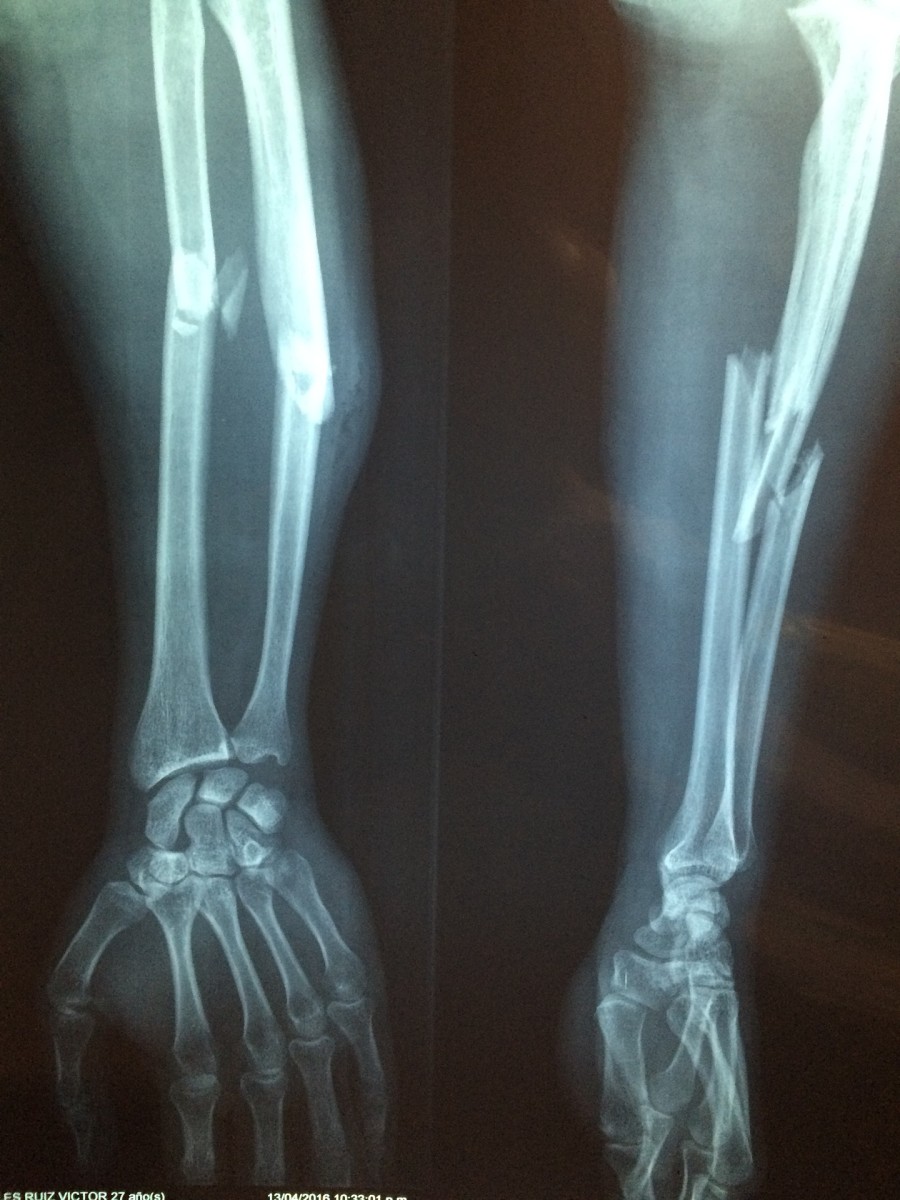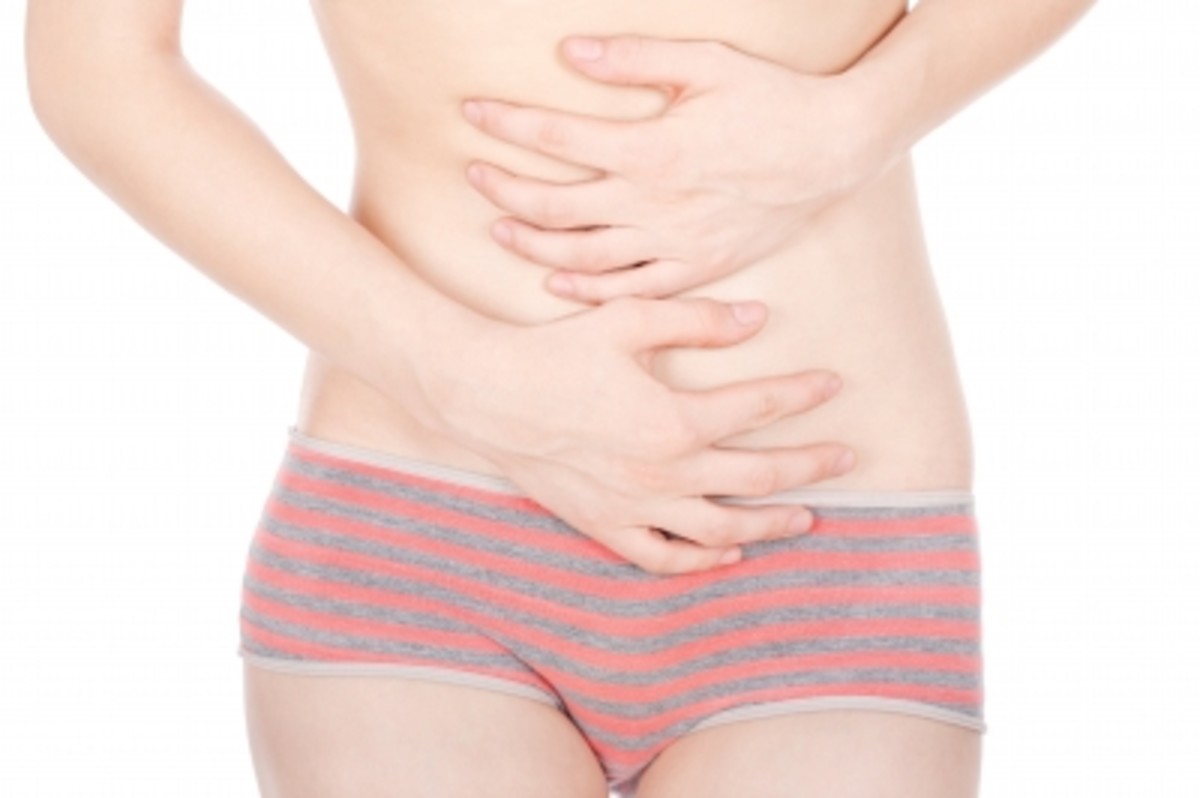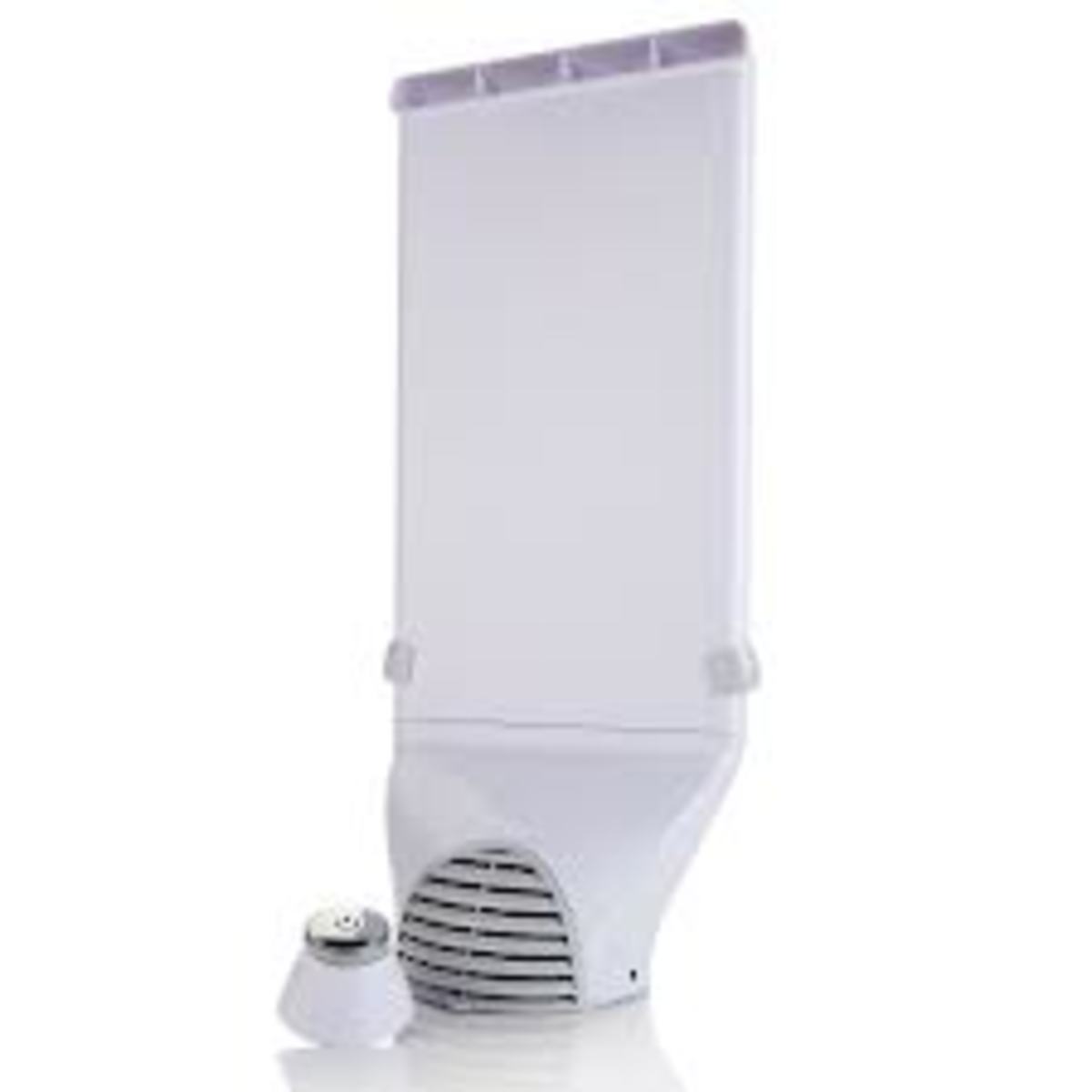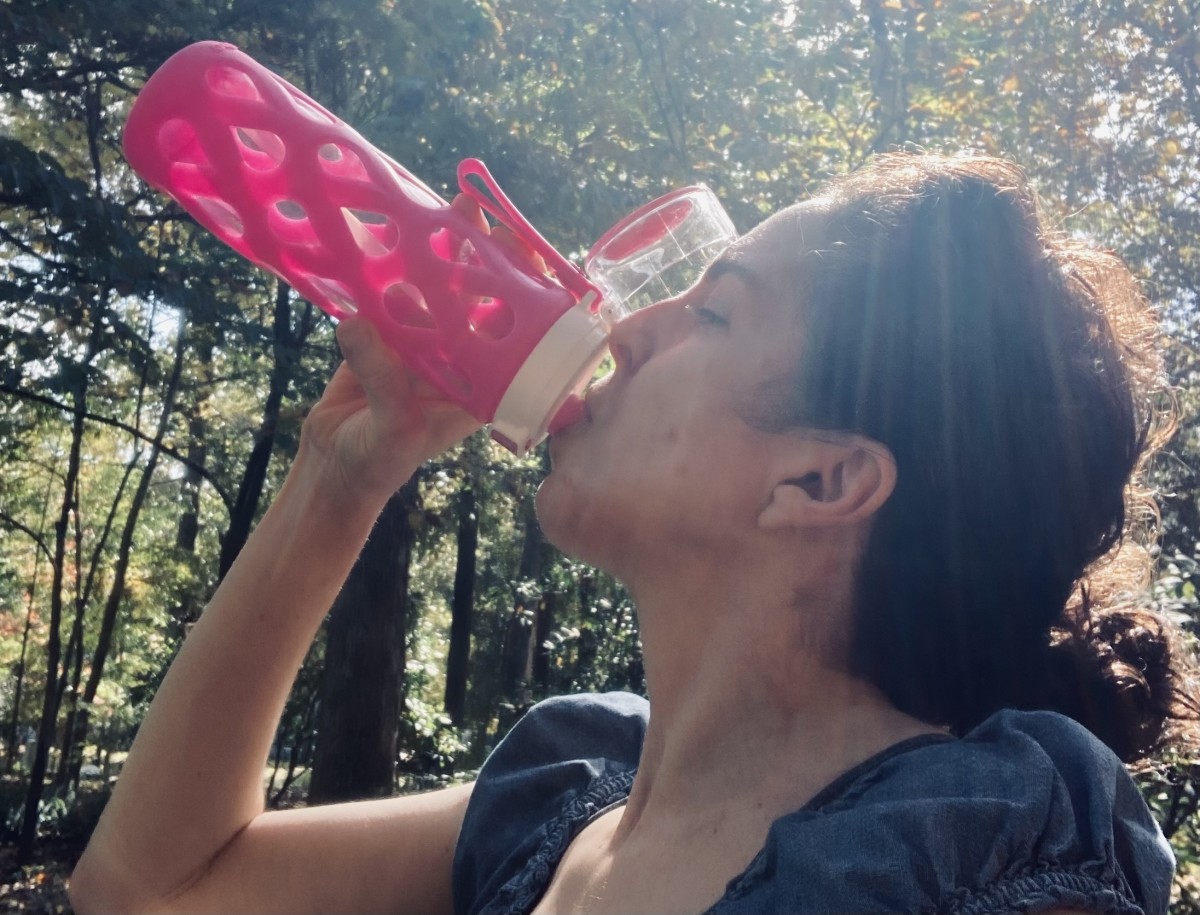Menopause and Peri-menopause
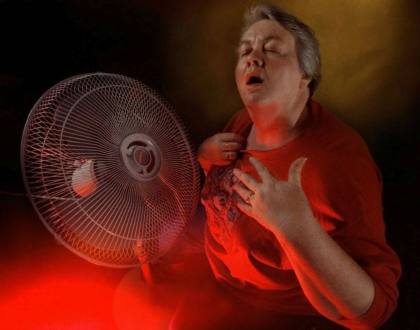
Peri-menopause to Full Menopause
As women ages and reaches the peri-menopause stage in their lives their ovaries gradually produce less estrogen and progesterone. These hormones control the menstrual cycle. After twelve months without a period they officially enter menopause, which can last from months to years. Menopause is a very natural transition in a woman's life where she will ultimately no longer be able to become pregnant.
Prior to menopause women experience a peri-menopause stage, which typically occurs anywhere between 2 and 10 years prior to the end of a woman's periods. This occurs between the age range of 35 and 55 as the amount of hormones are decreasing.
Peri-menopausal Symptoms
Peri-menopause is totally new for a woman and can be quite unsettling. It is important to understand that literally thousands of women go through this period before they are in full on menopause.
During peri-menopausal a woman may experience a variety of symptoms. Often major mood swings that may happen in a matter of seconds may occur. It has been described like someone turns on a light switch where a happy woman is suddenly enraged or crying. The hormone imbalance is the cause of this emotional upheaval. Completely overreacting to minor occurrences with anger is also common.
Other possible symptoms that may occur:
- Hot flashes
- Night sweats
- Sleep disturbance and insomnia
- Urinary issues
- An elevated heart rate
- Vaginal dryness or discomfort during sexual intercourse
Women with a long history of PMS tend to have a more difficult time as their hormone imbalances can lead to perimenopausal rage. This is more common in women who do not eat healthy and generally do not live a very healthy lifestyle.
Weight gain is not uncommon during this period of time. The beginning of hot flashes, night sweats and sleeplessness may also begin.
Previous postpartum depression can also be an indicator for a more difficult time with perimenopause and menopause also.
Menopausal Symptoms and Treatments
What are Hot flashes? Physically the body will become very warm, particularly around the neck and chest, plus the skin may become reddened. They may cause profuse sweating. It is unknown, but the body's control of its temperature comes from the hypothalamus. It is thought that the reduction in estrogen is certainly a factor.
The hormones that all play a factor in aging and menopause include: estrogen, progesterone, testosterone, DHEA and pregnenolone. When the hormones are out of balance that is when the symptoms of menopause begin.
Hormones can be controlled by birth control pills in most causes. The quality of birth control pills today has greatly advanced compared to twenty years ago. There are many new formulas on the market that you can discuss with your physician.
Antidepressants are also used as necessary, and clearly help someone whose emotions are causing major problems in their lives.
Obviously, if you can have a more upbeat view of menopause that will help with the symptoms, so focus on no possibility of becoming pregnant, no more bloating with fluid retention or stomach cramps, which may let you see the sunny side.
You should see your doctor if your symptoms are very bothersome, as there are other treatments available. Some women sail through menopause with few problems and others find it to be a very difficult time.
National Institute of Health Completed Study
The Woman's Health Initiative began in 1991, consisting of a set of clinical trials to study the long term effects of hormone replacement therapy (HRT). The purpose of this fifteen year study was to address the most common causes of death in women, plus disability and poor quality of life following postmenopausal women, which would include cardiovascular disease, cancer and osteoporosis.
The design of the clinical trials was to test the effects of hormone therapy, diet modification, calcium intake and vitamin D3 supplements on heart disease, bone fractures due to osteoporosis and cancers, specifically breast and colorectal.
There were two study groups. One was given estrogen plus progestin for women with a uterus, and the other group was given only estrogen if they had no uterus. Estrogen with progestin is known to prevent uterine cancer. In both groups the women were randomly assigned the medication or a placebo.
Symptoms of Menopause
NIH Study Results for HRT
The results for women taking estrogen with progesterone concluded that taking HRT increases your risk of breast cancer, but lowers your risk for colorectal cancer. There was a sharp decline in new breast cancer cases starting in 2003, which may be related to women taking less HRT. The other possible factor for the decline in breast cancer could be women’s awareness by doing self breast exams and getting more frequent mammograms.
However, when the possible link between breast cancer and hormone therapy was discovered, the women in the study were taken off the therapy and were asked to continue annual mammography. The chart below shows the results between the group taking the HRT and the group with the placebo or just estrogen.
Estrogen with progestin results in:
- An increased risk of heart attacks was found.
- An increased risk of stroke noted.
- There was an increased risk of blood clots.
- The study found an increased risk of breast cancer
- Women had fewer fractures.
- There is no protection for mental decline or increased dementia.
Results of taking estrogen alone:
- There was no differences found in heart attack risk
- There was an increased risk of stroke.
- An increased risk of blood clots was found also.
- The risk of breast cancer was uncertain.
- There was no difference in the risk for colorectal cancer.
- There was a reduced risk of bone fractures.
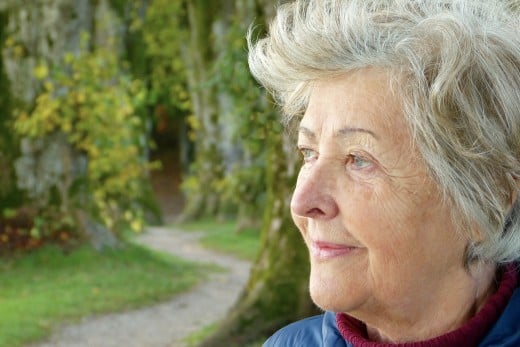
Hypertension Tips
If you have hypertension, take you prescribed medication, exercise and cut down on your salt intake. To help prevent osteoporosis, take a calcium supplement with vitamin D3, get out into the sunshine and do some weight bearing exercise.
There are also medications, like Fosamox and Actonel that are very effective in preventing further deterioration of your bones. If you do have osteoporosis there are also stronger medications available. Your doctor will probably order a Bond Density study when you are in full menopause.
Of course, it is best not to smoke and also to limit your alcohol intake.
Risk Factors of Heart Disease and Stroke
There are many other factors that have to be considered to prevent heart disease and strokes for women as they age. Physical inactivity, smoking, high blood pressure, high cholesterol, obesity, diabetes are some of the most important things you can change. Lifestyle changes are the key to living a longer, healthier life.
Activity can be a brisk walk regularly around you neighborhood. Following a healthy diet will certainly help you lose weight and control your diabetes. If you are a diabetic, following the recommended diet by the American Diabetes Association will help you control your blood glucose and also to lose weight. Take your medication as prescribed and check your blood glucose levels as prescribed by your doctor.
Mayo Clinic Study May Help Cool Hot Flashes
Mayo Clinic Recommendation
The good news from the NIH study is for those younger women who had hysterectomies. They took a small dosage of estrogen to help with post menopausal symptoms, and they have significantly less calcium build-up in their coronary arteries, which, of course, is a marker for future heart disease. The benefits were confined to women under the age of 60.
Unfortunately, the result of the NIH study showed the risk of taking HRT is greater than the benefits. The Mayo Clinic states in particular situations that despite the risks, “estrogen is still the gold standard for treating menopausal symptoms.” The benefits of short term therapy is treatment of moderate to severe hot flashes or other menopausal symptoms; if you have lost bone mass and don’t tolerate other treatments; or if you stopped having your periods before age 40 or if you lost normal function of your ovaries (premature menopause).
Women who have premature menopause have a different set of risks than those at 50 or older. They include a reduced risk of breast cancer, a higher risk of osteoporosis, and a higher risk of coronary artery disease. For these younger women estrogen reduces these risks.
In Summary
There are menopausal remedies for treating symptoms without taking HRT. It has been shown in several studies that losing weight will help reduce the hot flash symptoms. Some botanical products provide relief as they act like estrogen.
Herbs such as soy and black cohosh are two such products. Some antidepressants can be helpful to relieve hot flashes. People find help with acupuncture and other homeopathic remedies as well. Some dietary changes can be beneficial. I am not recommending any of these, but I am relaying some of the things I found in my research.
Discuss the problem with your doctor, as there are other prescription medications that may help. There are numerous websites online that discuss homeopathic ways to find relief of symptoms.
Choose the safest possible way to deal with those symptoms and enjoy your life. Find new interests and do some things that maybe you couldn't do when you were tied down with children. Life begins anew each day.
Hormone Therapy
If you are on hormone therapy will the results of the NIH study change your mind?
This content is accurate and true to the best of the author’s knowledge and is not meant to substitute for formal and individualized advice from a qualified professional.



